Ahwazi activists participated in an event on human rights host by the Webster University in Leiden in Netherlands. Ahwazi Arab ex-political
prisoner Hadi Al-moteri (Abu-Mohammad) revealed his experience from the prison in Ahwaz. Saleh Hamid from AHRO presented the recent human rights situation and execution campaign in Ahwaz. Oahood Hadi, Ahwazi feminist also highlighted the women situations in Ahwaz province. Within the three-day event, host by UNPO, many UN organizations, civil society and NGO’s will discuss the human rights violations in the world.
Hadi al-MUTAIRI has delivered a speech about human rights and the situation of political prisoners in Ahwaz and the text of the speech :
Good morning/afternoon ladies and gentlemen
My name is Hadi Batili Al-Motairy . I am a former political prisoner from Al-ahwaz. I had been sentenced to death by the Iranian Revolutionary Court in 1994 and then changed to years of imprisonment where I experienced physical and psychological tortures and during that period I spent 14 months in individual cell and as a result I developed hernia and serious and deadly bone fractures. I was then transferred to local hospital and still now suffer from health problems. I currently receive medical treatment provides by “Centrum 45” organisation, like Freedom of Torture, which offers medical treatment for victims of torture in Leiden.
Dear president, I would like to speak about persecutions and violent against Ahwazi Arab political detainees by the Iranian Intelligent Service.
I witnessed serious physical torture, abuse and killing of Ahwazi Arab detainees by the intelligent officers and they used electrical wires and hanging detainees for hours sometimes days. One of the ways of torture was “death impression” where security officers put rope on my neck pretend execution of me in order to fear and threat me and others. Other way of psychological torture was pretend shooting while they blindfolded me and other detainees. I witnessed the killing of many Ahwazi Arab activists under torture who were detained with me by the Iranian regime. The Ahwazi Arab detainees had been accused of cooperating with the West and forced to give confessions.
All political prisoners have been convicted of the same charges: enmity with God and corruption on the Earth and threat to national security.
Ladies and gentlemen, the Iranian government instead of concerning and listening to Ahwazi Arab social demands, freedom of speech, and the right of “self-determination” they reply with shooting and more execution campaign, intimidation and displacement. Despite the facts that Ahwaz contains more than 90% of the Iranian oil revenue our people live in poverty, drug addiction, deprivation, disease and epidemics. Thousands of Ahwazi Arab activists put in imprisonment only because they demanded their human rights and civil rights. We call the international communities take actions for violations against Ahwazi Arab detainees and stop further executions. Your condemnation for these acts greatly will reduce the impacts of these violations against the most disadvantaged Ahwazi people. I also call you to concern the campaign of genocide and ethnic cleansing by the Iranian regime.
The representative of Ahwaz Human Rights Organisation ( AHRO)
Saleh Hamid spoken on the continuing executions in Ahwaz and the deteriorating human rights situation in Iran recently extensively .
and the text of the speech
My name is Saleh Hamid, represent Ahwaz Human Rights Organisation
I would like to welcome ladies and gentlemen who participated at the event and also would like to thank organisers of this program which aims to target young trainers.
Ladies and gentlemen you may aware of the human rights situations in Iran is the worst regarding the escalation of repression and continuous commitment of the worst non-humanitarians against political activists, journalists, human rights activists and civil society. Also in recent years the systematic persecution against ethnic and religious minorities particularly Ahwazi Arabs has increased.
The Iranian authorities are attempting to silence the voices of moderate, educated Ahwazi Arab cultural activists, particularly teachers who have sought to advance indigenous Arab culture and language among Ahwazi children. Meanwhile, the socio-economic and political conditions that are the context of the unrest have merely intensified a situation that the region’s politicians are increasingly concerned about.
Executions of arrested Arab protesters and anyone accused of inciting protest are routinely carried out. Ahwazi Arab political prisoners are highly vulnerable to torture and rape by interrogators and extra-judicial killings. Ahwaz City hosts some of the most notorious prisons in Iran, a country renowned for torture and extra-judicial killings. Secret security centres are used to extract false confessions. Most ethnic Arab political prisoners are imprisoned for demanding their cultural, linguistic, civil and human rights and are tried in secret revolutionary courts without access to defence lawyers. Often they are sentenced to death by hanging.
The ‘Arab Spring’ uprisings across the Middle East coupled with the anniversary of the April 2005 Ahwazi uprising led to a series of demonstrations in Ahwaz in 2011 and 2012. The 2005 Ahwazi peaceful uprising led to the killing of at least 160 protestors, hundreds of arrests and a number of executions following secretive, flawed trials in Revolutionary Courts.
Since 14th June this year, the presidential clection day, the Iranian regime executed at least 71 people. In 2012, Iran stood at the forefront of the world highest numbers of executions by hanging with more than 500 prisoners either in prison or in public.
Nine Ahwazi Arab political prisoners are facing execution following verdicts handed down by secretive revolutionary courts since September 2012. All political prisoners have been convicted of the same charges: enmity with God and corruption on the Earth.
The Iranian authorities seriously torture Ahwazi Arab detainees and force them to confessions of committing activities against the law, while Article 38 of the Iranian Constitution prohibits any kind of torture in order to take forced confessions of the defendants and broadcast them on national TV even before the end of the trial and used as evidence in Iranian courts. These broadcasting breaches the Iran’s obligations related to a fair trial, including presumption of innocence under Article 14 of the International Covenant on Civil and Political Rights.
Indigenous Ahwazi Arabs are being adversely affected by the environmental consequences of the Iranian government’s controversial river diversion programme, intensive sugar cane farming and industrial pollution, which are all the products of the government’s misguided economic development policies.
Ahwazi Arab are being subjected to a campaign of genocide, non-humanitarian practices and ethnic cleansing, which requires international intervention to stop the waves of executions, torture and destruction of rights, the environment and the elimination of the entity and identity and the existence of an entire Arab nation..
Ahwaz Human Rights Organisation (AHRO)
7/8/2013 Netherlands
http://www.ahwazhumanrights.org/en/Article.aspx?aid=452
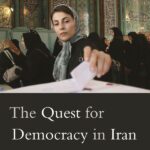
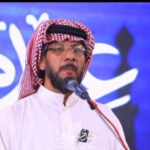


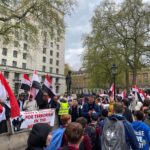
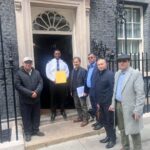



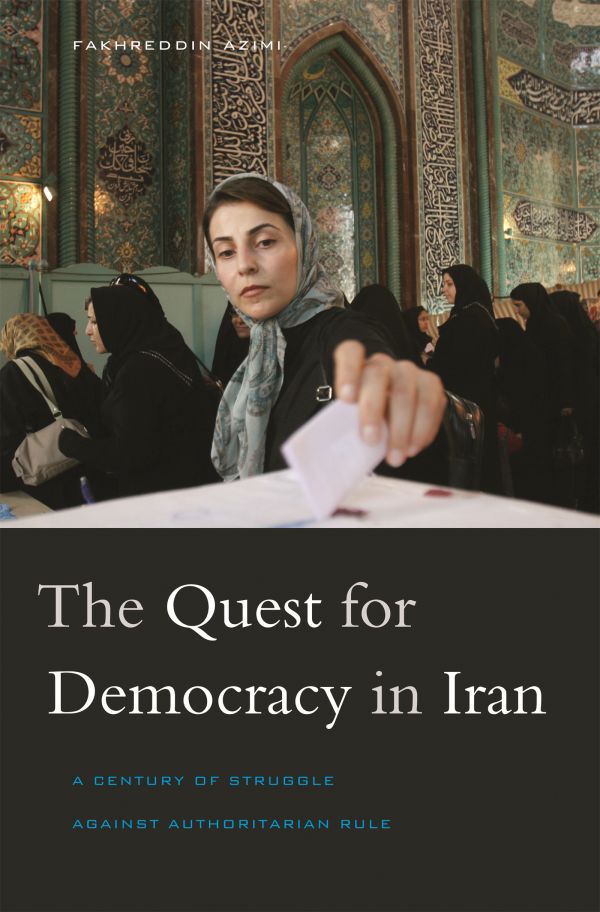
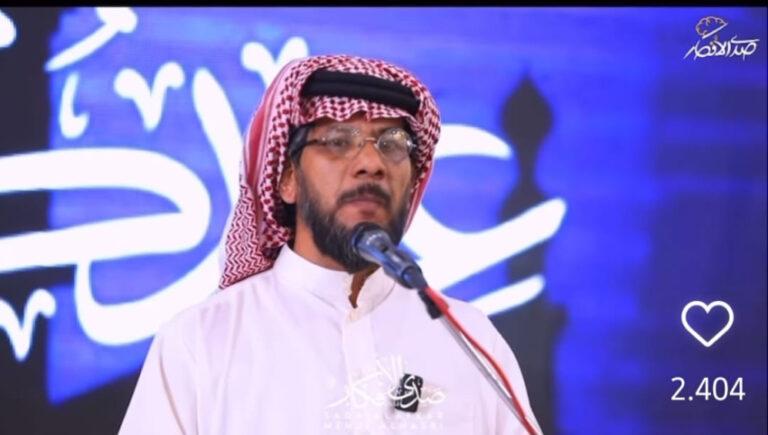

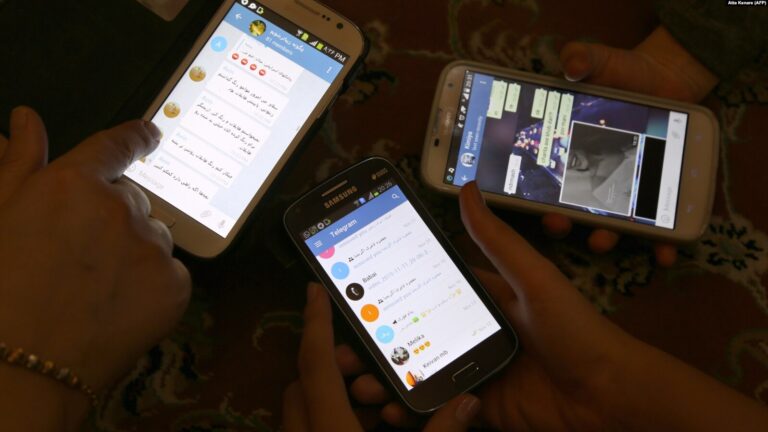
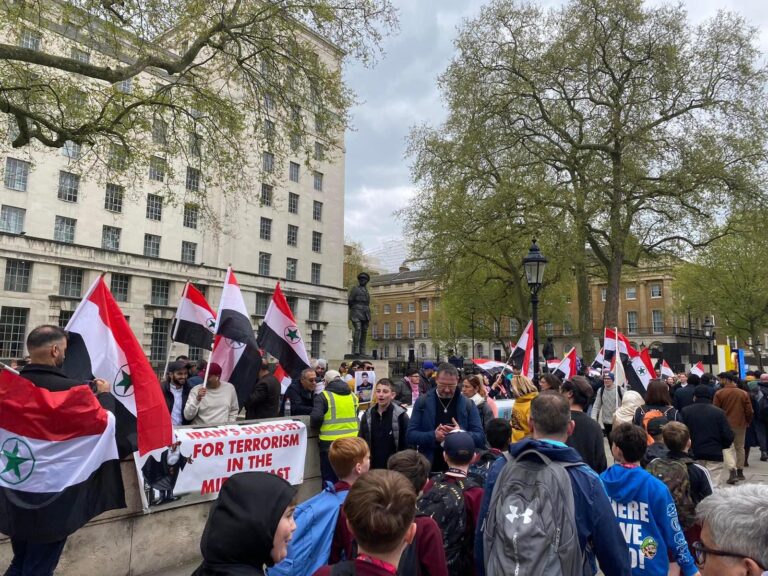
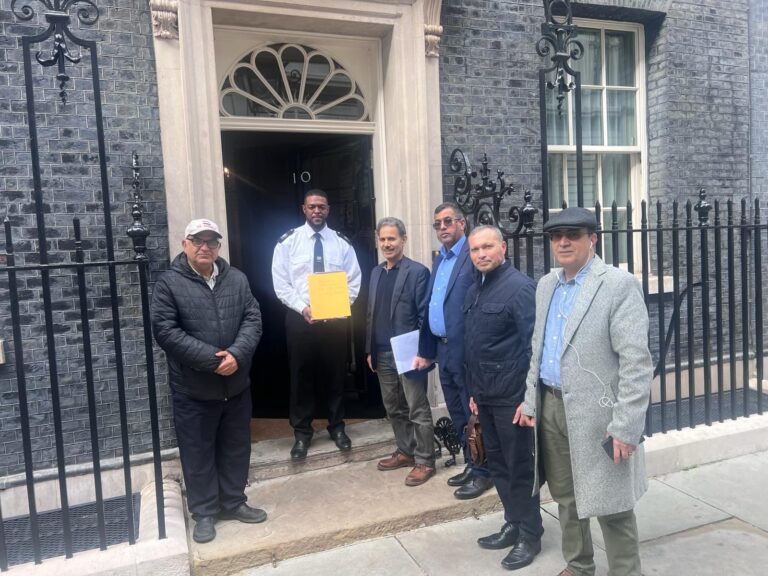
+ There are no comments
Add yours